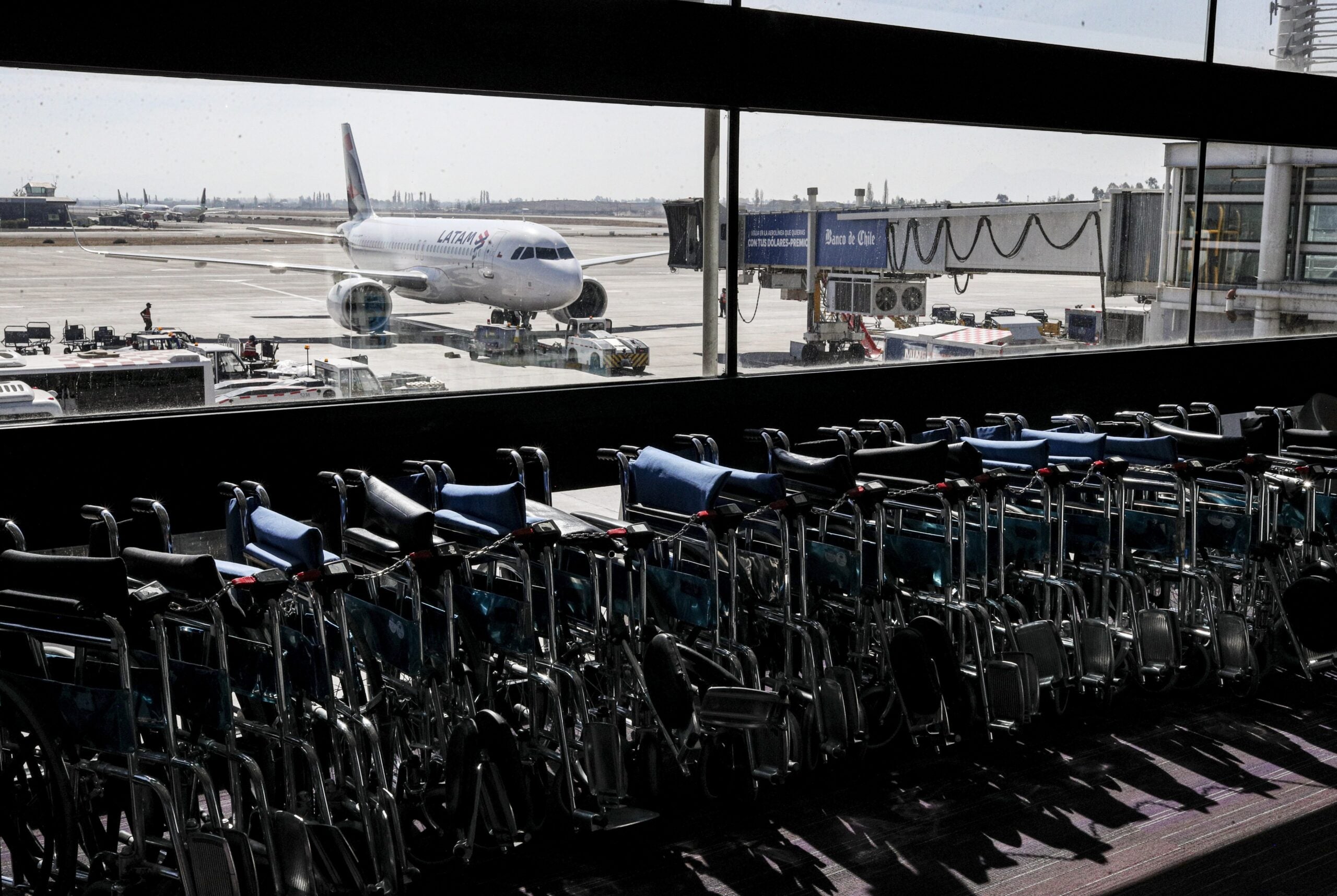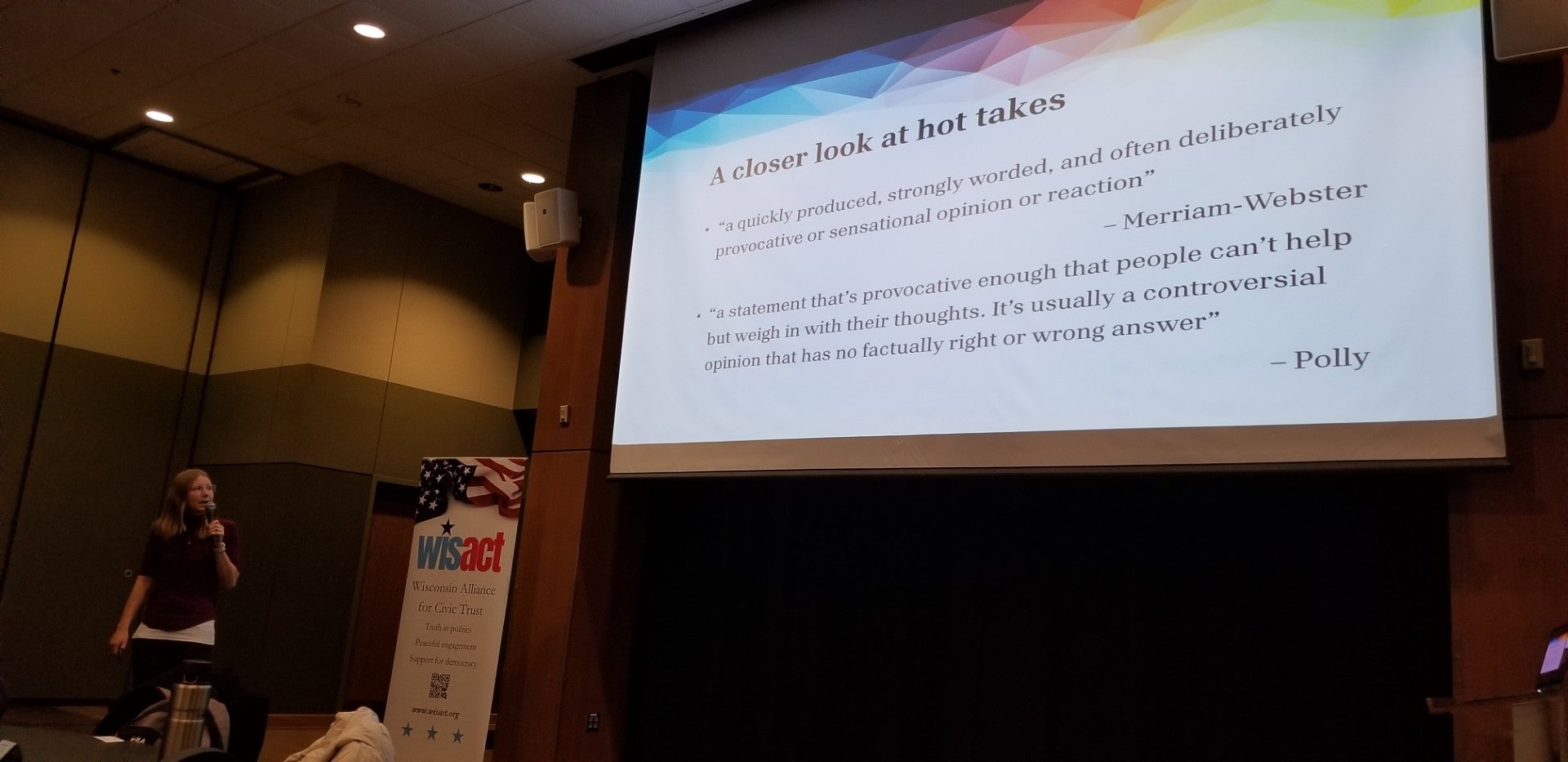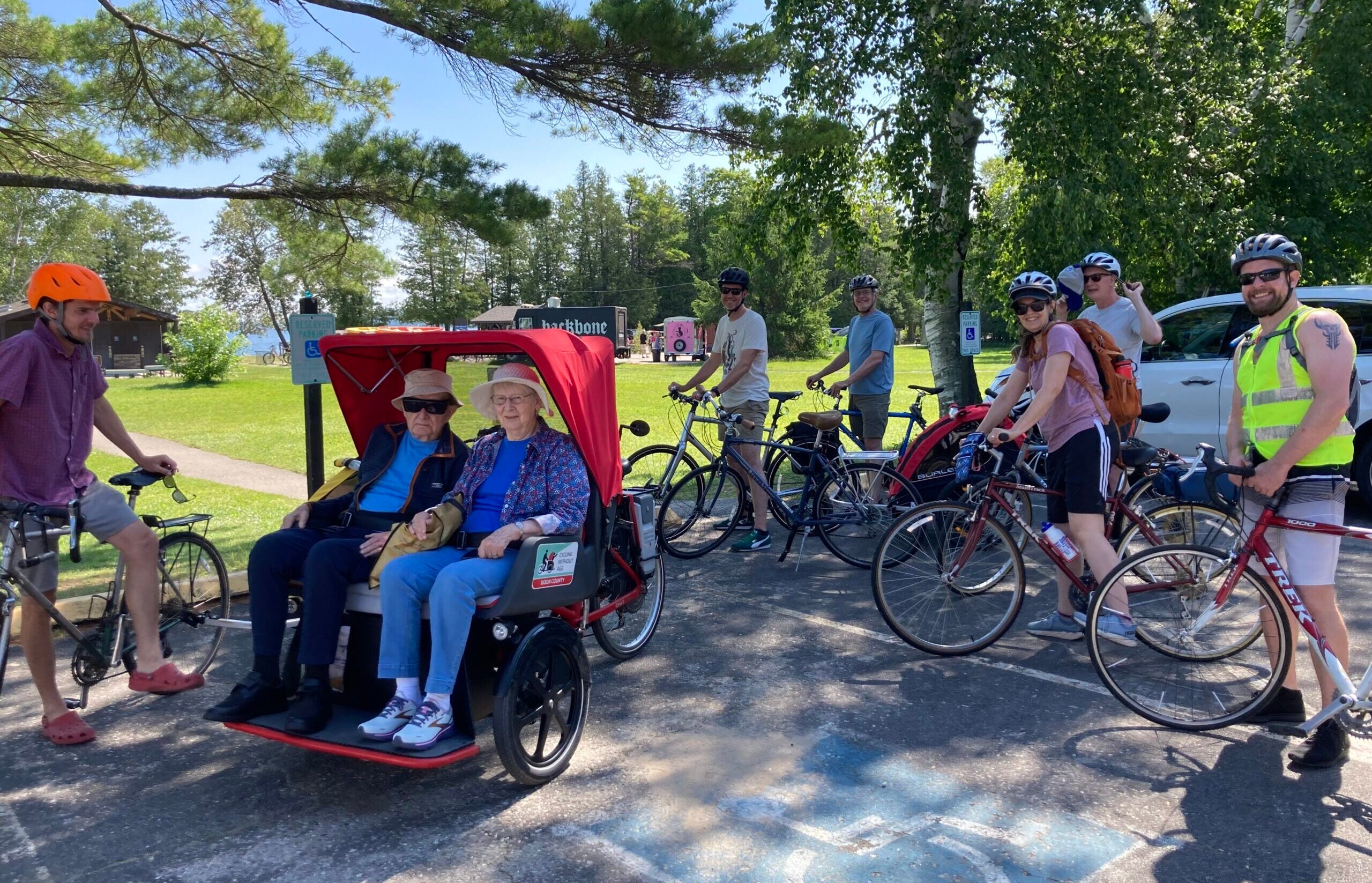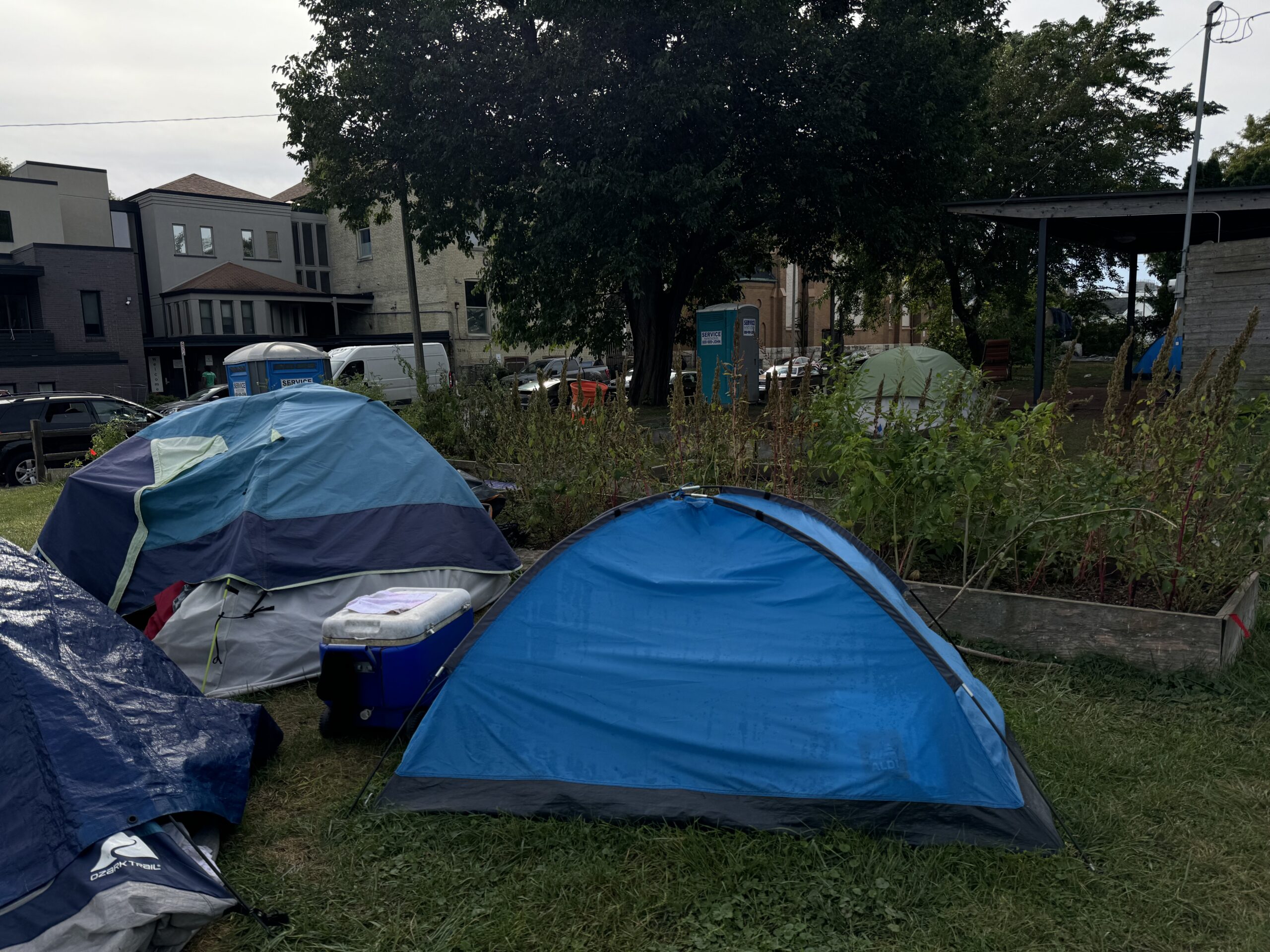Advocates for people with disabilities and older adults say the state Supreme Court’s decision to overturn Wisconsin’s “Safer at Home” order puts their communities at risk.
Before the court’s ruling on Wednesday, 32 state and national groups filed an amicus brief laying out the increased risks of COVID-19 infection for the disability and aging communities.
Many people from these communities live in long term care facilities and group homes, the brief notes, where there’s a higher risk that infections can spread. Plus, caregivers who provide in-person care and services are not able to social distance, and a shortage of personal protective equipment could put that caregiving workforce and their clients at risk.
News with a little more humanity
WPR’s “Wisconsin Today” newsletter keeps you connected to the state you love without feeling overwhelmed. No paywall. No agenda. No corporate filter.
“When workers become infected, they expose their families and communities,” said Lisa Pugh, co-chair of the Survival Coalition of Wisconsin and Disability Organizations, in a press release Thursday.
Pugh called on prioritizing the caregiving workforce for distribution of personal protective equipment, testing and an eventual vaccine.
“People at high risk of serious illness or death from COVID-19 rely on the actions of the entire community for protection,” said Survival Coalition co-chair Beth Swedeen in the release.
“Re-opening means a new normal. Wearing masks, continuing social distancing, flexibility for employees to work from home, online and curbside options, and strategies to safely conduct in-person business will need to continue for the foreseeable future.”
Matt Ford lives in Verona and is quadriplegic. He said in an interview that the overturned order makes him nervous about hiring new workers to come to his house to help with meals, dressing and other tasks.
“I’m not even equipped with any kind of PPE to hand to them at the door and say, ‘Could you put a mask on?’” Ford said.
“It feels like we’re undoing everything that we just did,” Ford said.
Earlier in May the Survival Coalition laid out specific steps they felt were needed to protect the disability and aging communities, including having those communities represented in discussions as local and state officials develop plans to reopen.
Wisconsin Public Radio, © Copyright 2025, Board of Regents of the University of Wisconsin System and Wisconsin Educational Communications Board.







